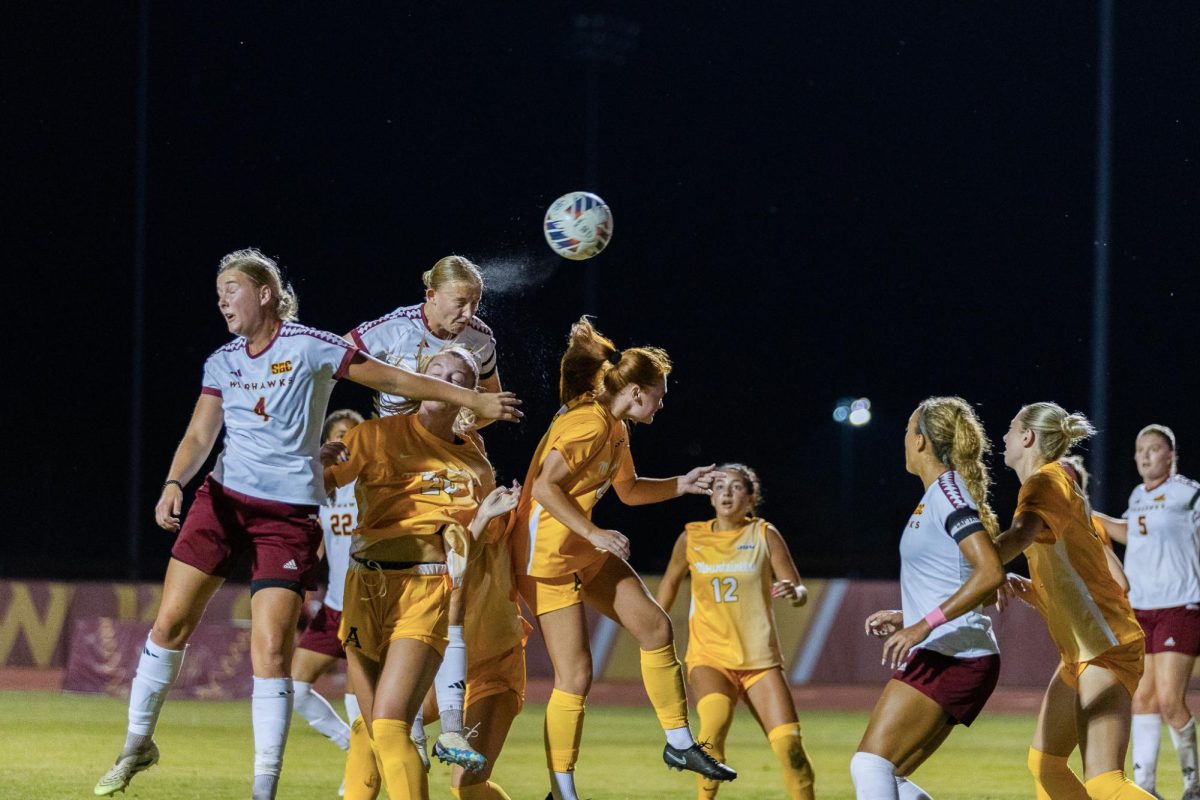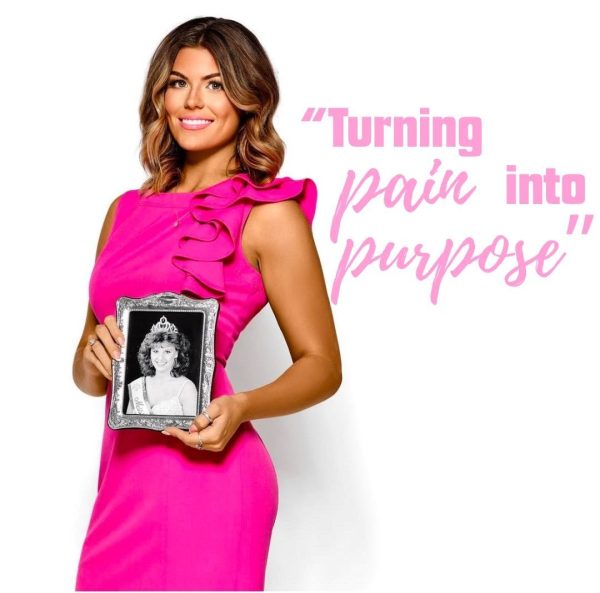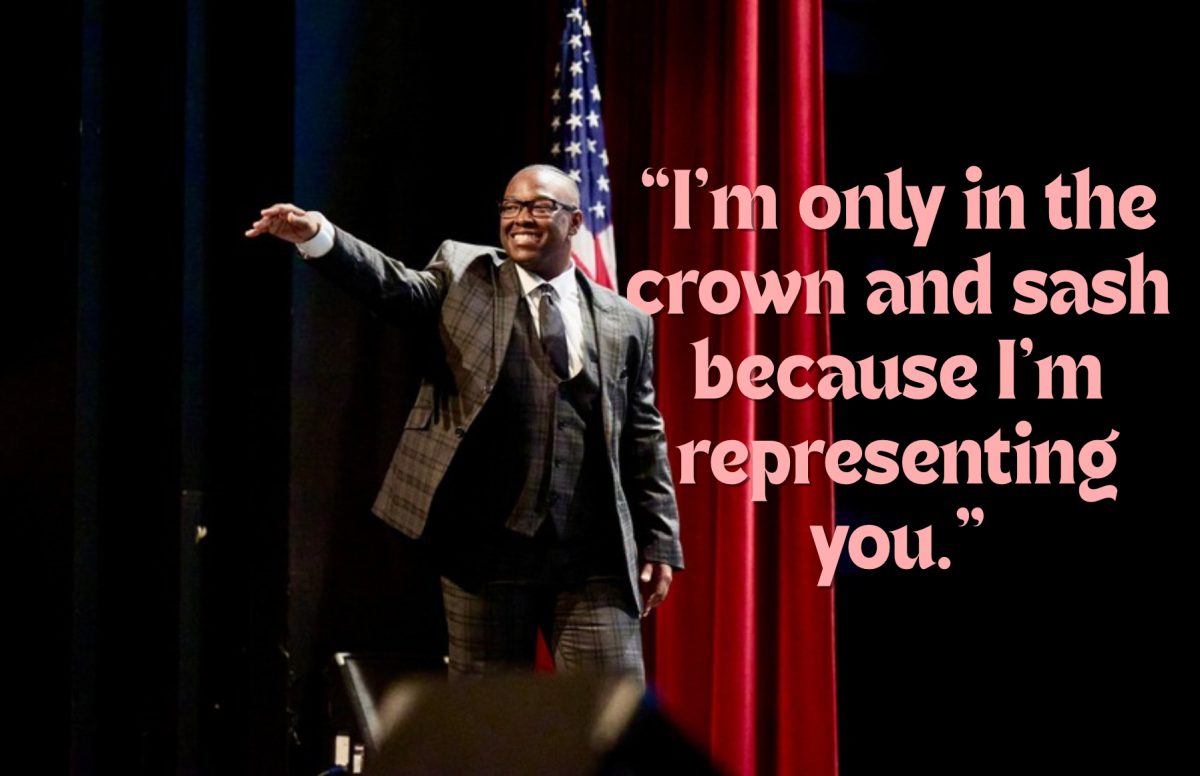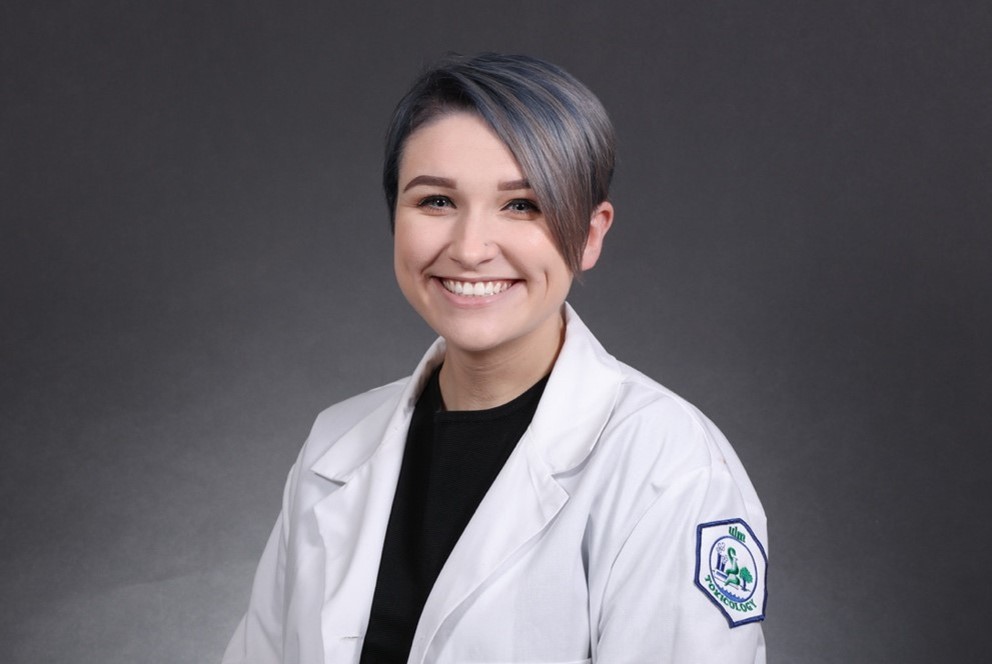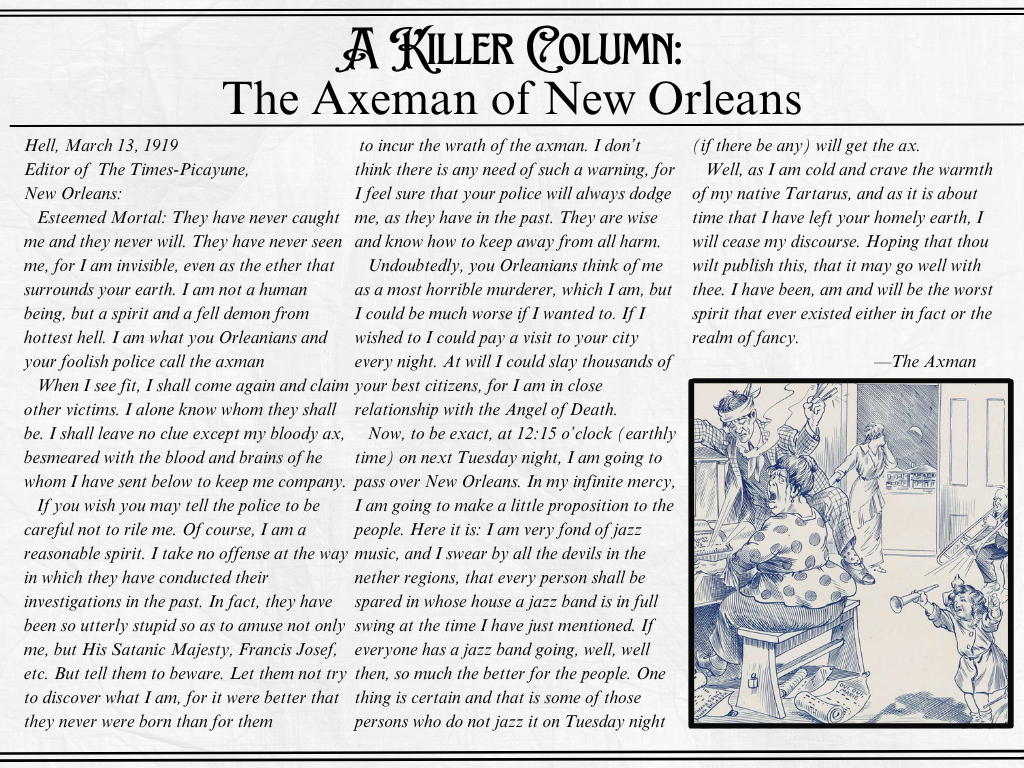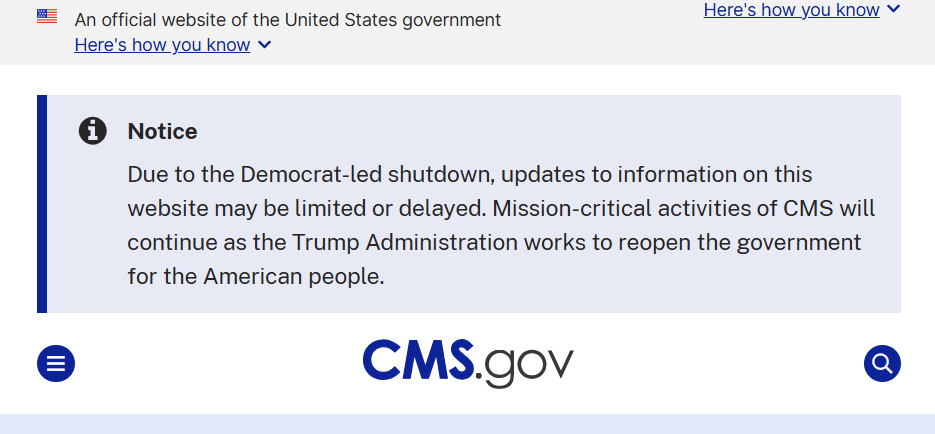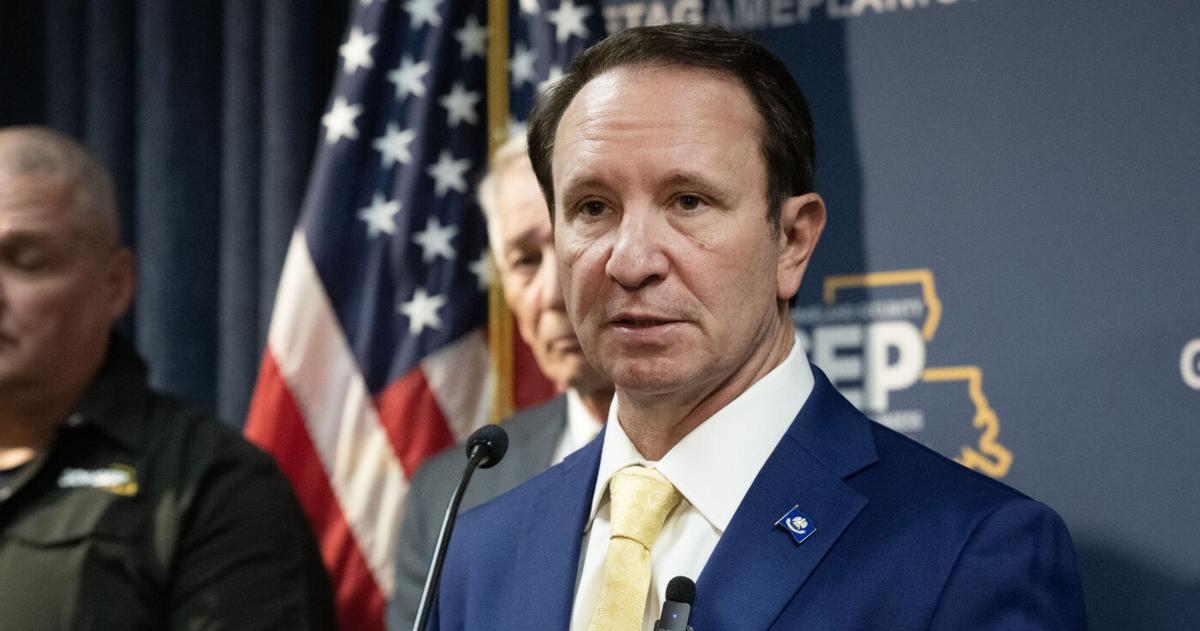For ULM Mock Trial members, this year is intense.
Members of the team spend over 20 hours a week breaking down a court case to act out. They try to perfect every aspect of the case, from the questions they ask to the tone of their voice and even to the clothes they wear and the way their hair is placed on their head.
But who could blame their perfectionism?
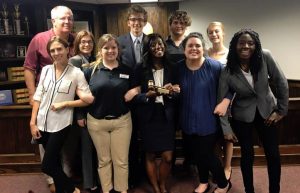
The mock trial team must be at their best since they are one of the youngest programs in the state that is in the top 100 national rankings. The program, founded in 2013, is only 3 years old.
While members of the team aim to establish a program that will only grow stronger after they graduate in spring, ultimately the goal for this season is to get past the second round of nationals and play against the prestigious Harvard University.
The team is starting the season off to great start, winning their first trial at the Jackson Joust at Millsaps College in Jackson, Miss.
The team scored had a 68-point margin of victory over the second place.
Awards for Best Attorney was given out to team members Adam Nettles, Isaiah Chavis and Carsyn Smallwood.
With bigs wins comes hard training.
Training for the team started in August.
Members of the mock trial team are given a case based on national issues, and they actually use federal rules of evidences to plea a case.
Gold squad captain, president and senior political science major Adam Nettles said very few of the new members have experience in law, especially at an undergraduate college level.
Captains teach members how to direct and cross witnesses, how to diagram what each question looks like and how to object. Once that is understood, captains can dive deeper into the rules and more specific points of the trial.
“It’s all habit,” Nettles said. “The only way that we practice is by doing it. There’s no other way.”
The mock trial judge’s strict criteria for the trials are crucial to the success or failure of the team.
Vice President Olivia Sage said judges are trying to teach courtroom demeanor.
“Judges look at little things like your body language or –if you’re a girl specifically- are you wearing makeup that’s distracting…[or] does a witness tell their story believably?” Sage said.
Sage says every small detail is taught to ensure a good performance
The mock trial team’s hands-on approach to their training is partly why they win so much.
Maroon squad captain, Charles Dupree, said you have to feel the emotion of what you’re doing.
“When it doesn’t feel real is the time that you start having issues,” Dupree said. “You really have to make them feel the emotion that you’re feeling, otherwise you’re going to get a low score and you’re going to lose.”
Team members have created backstories, clothing styles and even accents for their character roles.
“Judges always say at the end, ‘I actually believed you were a psychiatrist…I actually believed you were a grieving mother,’” Nettles said. “That just takes time and [team members] always get into it.”
Their teamwork is just as strong as their acting skills when it comes to winning.
“Team chemistry is a huge deal,” Nettles said. “We all get along and we teach each other and we help each other a lot.”
The mock trial team consists of members from all across the colleges at ULM, encouraging diveristy from majors and age groups.
Dupree said not only do they meet two days out the week for their standard three-hour practices, but they also meet individually to work.
“I can’t thank the coaches or the Political Science Department enough for giving us this opportunity,” Sage said.
Squad coaches and attorneys Bob Noel, Kyle Moore and Brooke Michiels and mock trial advisors Joshua Stockley and John Sutherlin all volunteer their time to assist the team.
Even former members of the team stay in touch with current members just in case anyone would need advice.
Sage says without them, the team wouldn’t exist.


